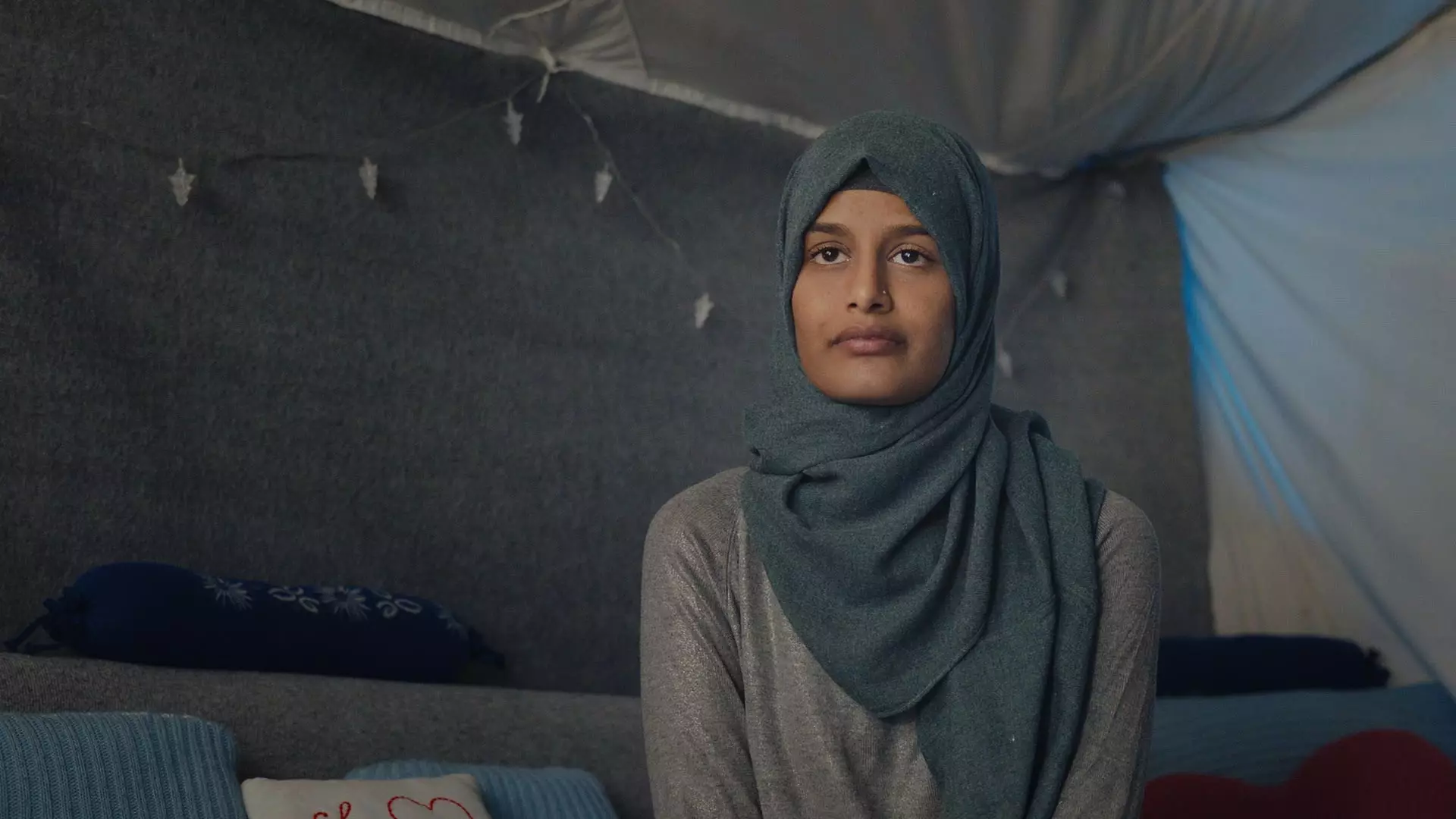
Shamima Begum has revealed what life in ISIS was like in a new feature-length documentary, which airs on Sky next week.
Begum, 21, shared her story in The Return: Life After ISIS, which features a number of women who fled their countries to devote their lives to ISIS.
With unprecedented access to their prison camp Roj in Syria, filmmaker Alba Sotorra Clua speaks to the women about their experience as ISIS brides, with one likening it to 'hell on Earth'.
Advert
We hear how prospective brides would be placed into a household for single women upon arriving in Syria, with claims that conditions in these homes were dirty and unpleasant.
Begum said: "I thought that maybe I could put off getting married for a while, but the conditions in the house were really bad so I just wanted to get out as soon as possible.
"I stayed there for maybe a month, and someone offered my husband to me.
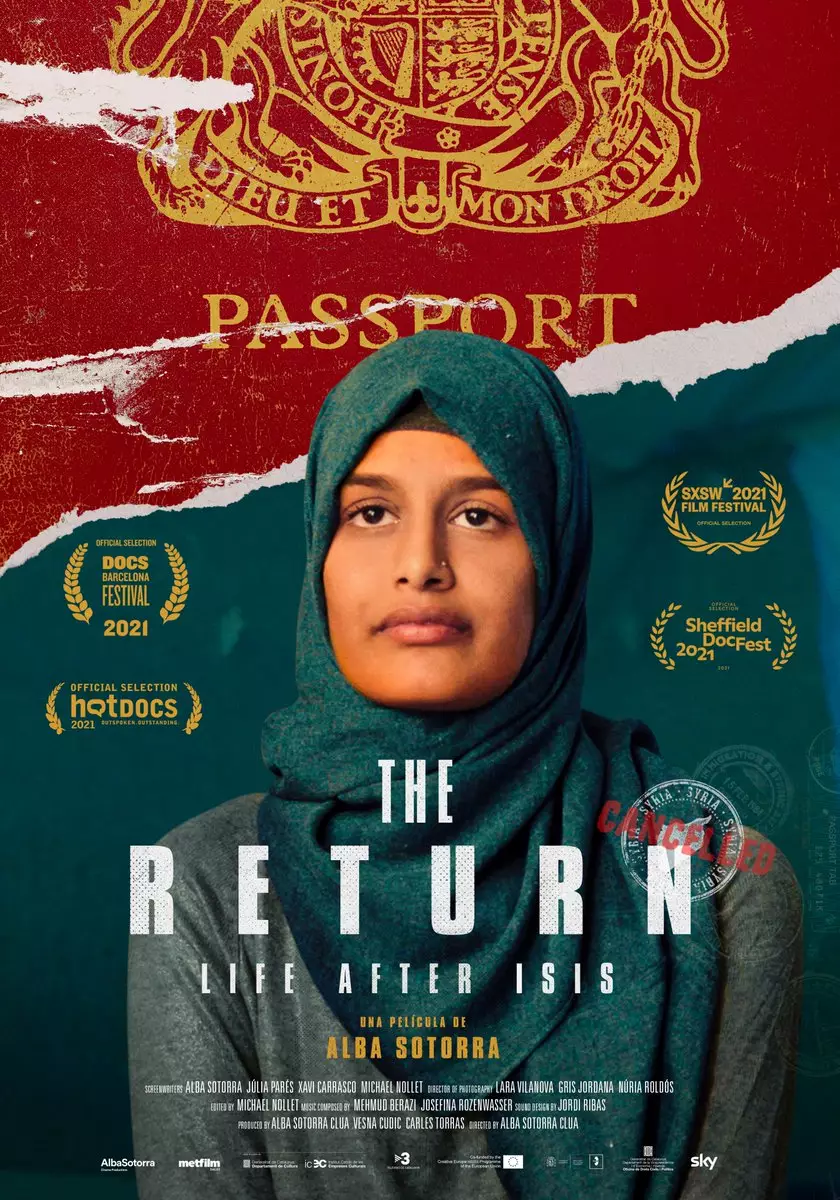
"What they do first is they ask you for your preferences, of what type of man you want - like age, nationality, language - and then they filter that down and they offer you someone and then you're just like, 'Okay, I'll have a meeting with him.'
Advert
"But I only ever had a meeting with my husband and my husband only ever had a meeting with me, and then we just decided to get married."
She continued: "It was really weird, I didn't know how to cook and he was just so shocked that I didn't know how to cook. I'm like, 'You married a 15-year-old, it's your own fault.'"
According to the documentary, women are issued a 'manifesto' on their role in the so-called caliphate, with the narrator explaining in a voiceover: "[The manifesto] says it's legitimate for a girl to be married at the age of nine. It describes staying at home with her husband and children as the fundamental function of a woman."
Begum said women were 'told how to think, how to dress, how to act' by the ISIS police, who would 'yell at people' as they went around.
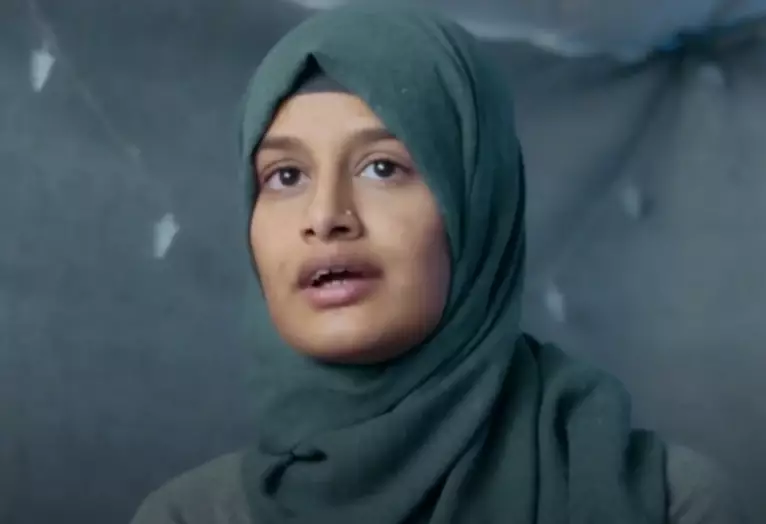
Hoda Muthana, an American woman who left the US to join ISIS in 2014, recalled: "Once I had my Nikes [trainers] on, and they had a pink strip on the Nike [logo] - just a little tiny pink strip. And I remember being stopped and yelled at for that pink strip.
Advert
"They would scream in the intercom of their car, 'You can't wear that shoe because it's too attractive.'
"I remember wearing my glasses, showing my eyes. 'Put your niqab back down, we can see your eyes.'
"If you want to take your glove off, just to take your money out of your bag, someone screams at you from far away, 'Put your gloves back on.'
"I was expecting a happy place with Muslims helping in hospitals, helping in schools, helping a community out and just being good, decent Muslims to each other.
Advert
"I don't know, it was just a big mess. It was hell on Earth, really."
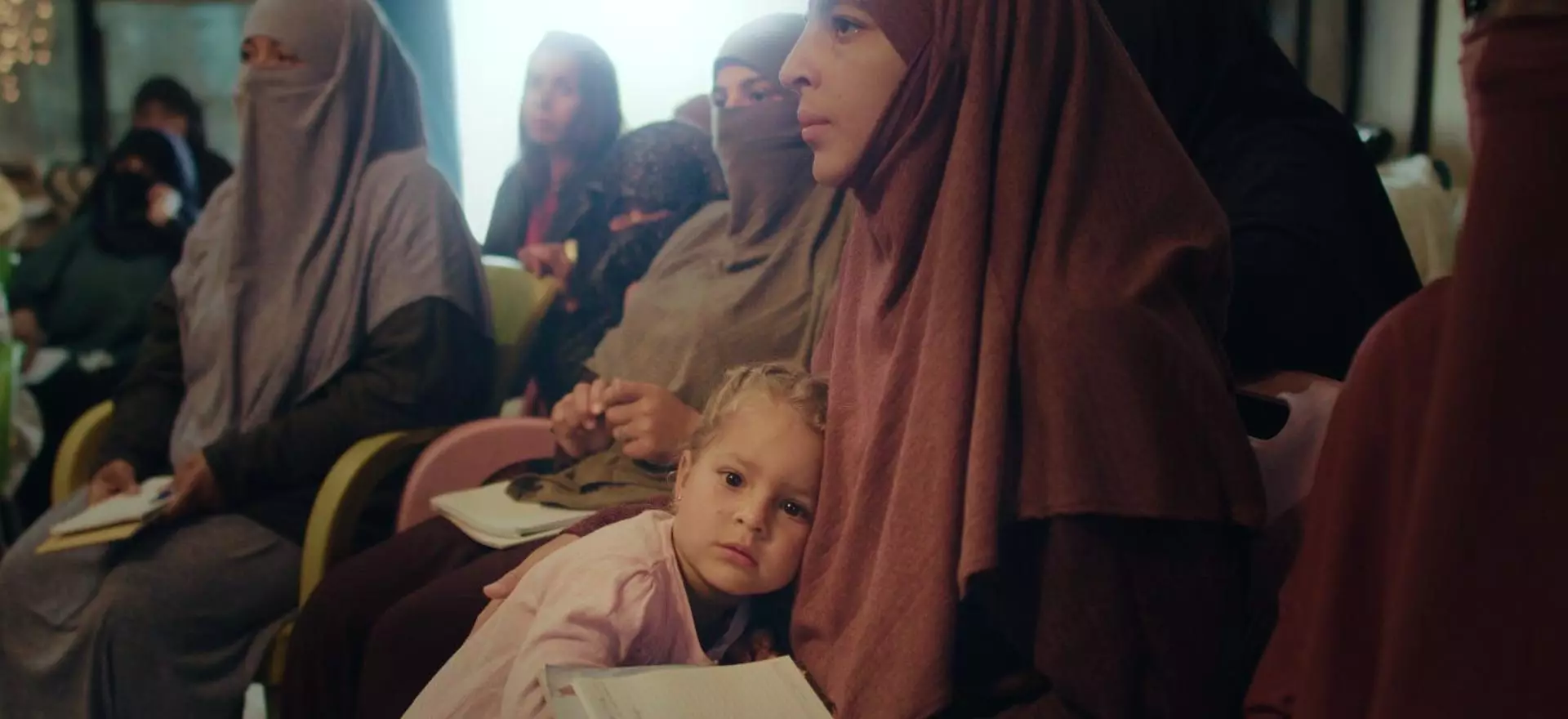
Muthana also admitted the lifestyle she was sold was not the one she found.
She said: "There's nothing, as a woman, to really do there. Cook and clean all day. There are no schools for women, there's nothing to learn. There was just nothing to do for the past five years, and it just really made you so braindead.
Advert
"Music in public was not allowed, free mixing was not allowed, no internet, there was no TV, there was very basic living - you know, it felt like you were living in the Middle Ages or something."
Begum added: "My husband actually at one point had a computer, and he would play video games on it. I would just sit there and watch him. And that wasn't allowed but he still did it because that was just one of his guilty pleasures - video games."
In the film, she also discussed why she decided to leave the UK to join ISIS, saying she always felt like the 'black sheep' of her family.
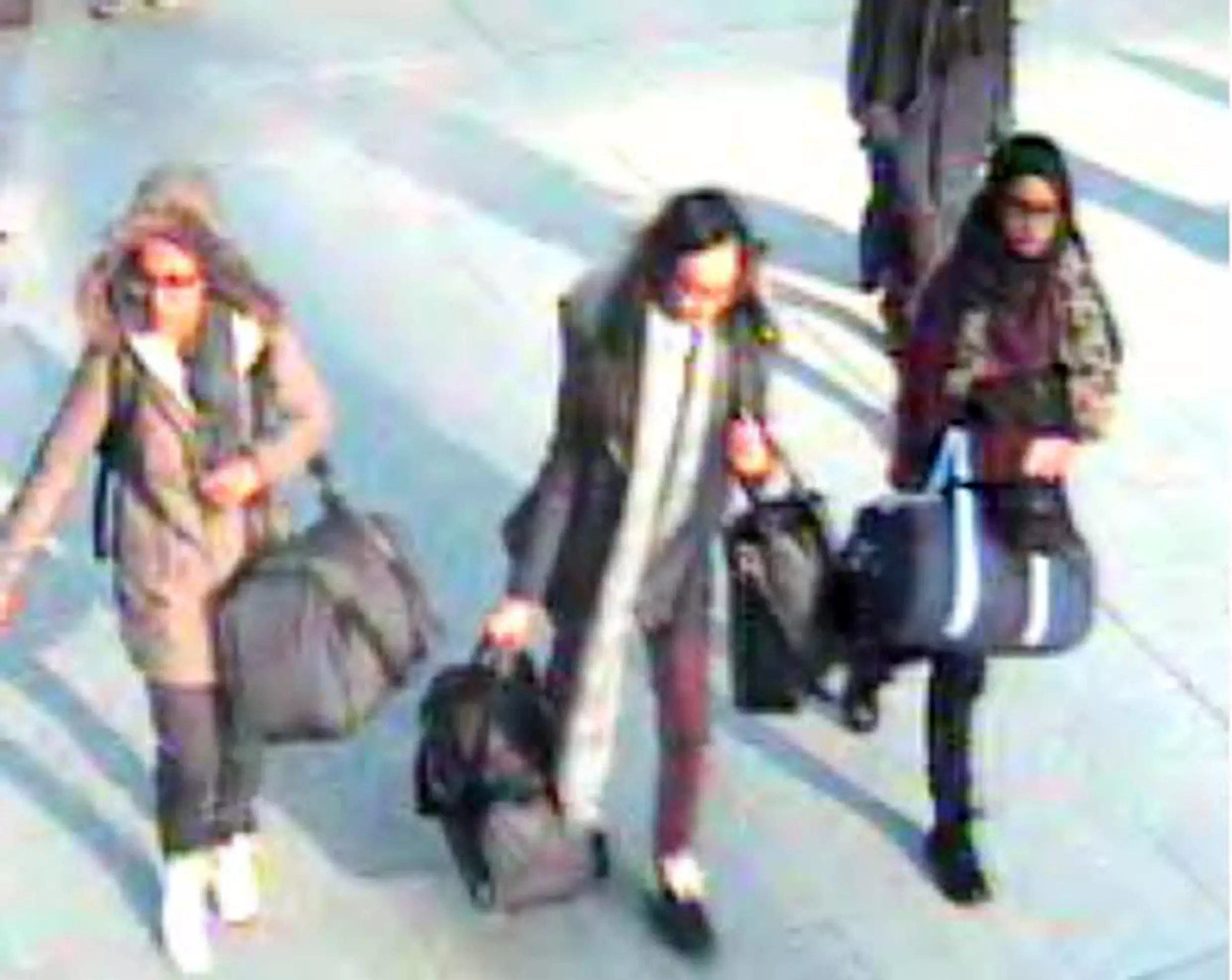
She said her mother had always told her to pray but had never taught her how, leaving her yearning to be 'part of a Muslim community'.
"I just wanted to be a part of something," she said.
After her friends started practising, they helped her 'come into the religion' as well, but things changed after she saw 'videos of Syrians being bombed' and 'babies covered in blood', which made Begum feel 'really guilty'.
She said: "It just started with learning my religion, and then it turned into wanting to come to Syria, wanting to help the Syrians."
Muthana added: "I wanted to feel useful. I felt like I was useless my whole life, and every website I visited had a Syrian advertisement, [saying] that 'the Syrians need help' and 'the Syrians are starving' and 'the Syrians are going through trouble'.
"So I got really sucked into that."
Watch The Return: Life After ISIS on Sky and NOW from 15 June.
Featured Image Credit: Sky
Topics: World News, TV and Film, News, Shamima Begum, Documentary